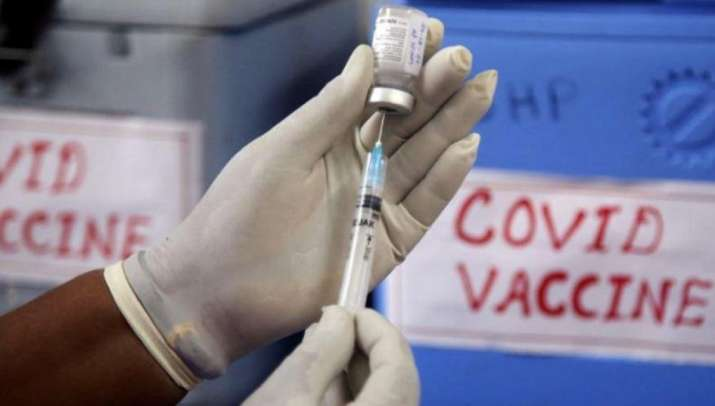Covid-19 vaccine Latest Updates: Specific time for vaccine’s side effects noted, Facebook to deletes discouraged posts on vaccination
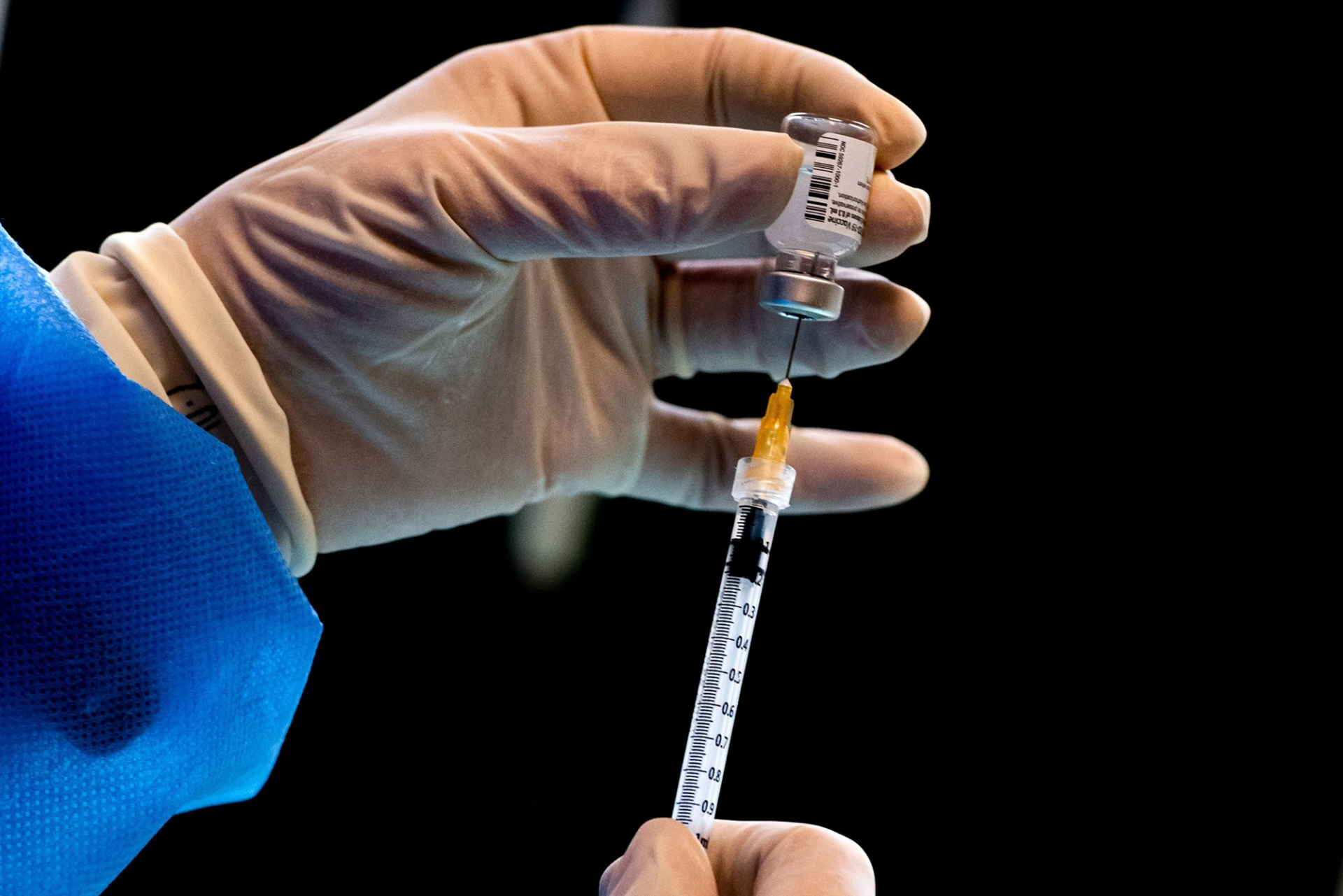 |
| A health worker prepares an injection of the Pfizer-BioNTech Covid-19 vaccine on Feb. 8, 2021 at the Tor Vergata hospital in Rome.Tiziana Fabi / AFP - Getty Images |
Side effects may occur shortly after vaccinated
While everyone responds to vaccinations differently, the side effects of the COVID vaccines currently approved for use in the U.S. tend to show up on a predictable schedule.
According to Margaret Kitt, MD, MPH, lead for the Essential Workers Team, Vaccine Task Force of the CDC COVID-19 Emergency Response, if you do develop side effects from the COVID vaccine, you're mostly likely to see them "the day after the vaccination, and especially after the second dose." And if you want to stay safe, Dr. Fauci Just Said This New COVID Myth Could Be Putting You in Danger.
Since the Moderna and Pfizer vaccines were only recently approved for use in the U.S., there isn't enough data yet to say exactly how long they keep people immune to COVID. However, according to Clifford McDonald, MD, the medical officer in support of the Chief Medical Officer on the CDC COVID-19 Emergency Response team, research shows that, thus far, there is typically a minimum period during which people maintain "protective antibody levels."
McDonald explained that recent research "demonstrate[s] protection for 120 days from the first dose." And for the latest COVID news delivered straight to your inbox, sign up for our daily newsletter.
New guidance might be set for people getting fully vaccinated for Covid-19
Fauci, the White House pandemic adviser, was speaking at a meeting of the American Association for the Advancement of Science when 91-year-old Esther Cohen asked him when she and her friends -- who all have received both vaccine shots -- can safely resume their mah-jongg games, CNN reported.
More than 30 cities in Southeast Asia will have more than 1 million residents. Innovations with a social bent will be key to solving urbanization challenges.
Fauci, the director of the National Institute of Allergy and Infectious Diseases, said there is no CDC guidance on what to do when groups of people who have received both vaccine doses want to get together. Current CDC advice is to keep wearing a face covering and staying 6 feet from others when possible.
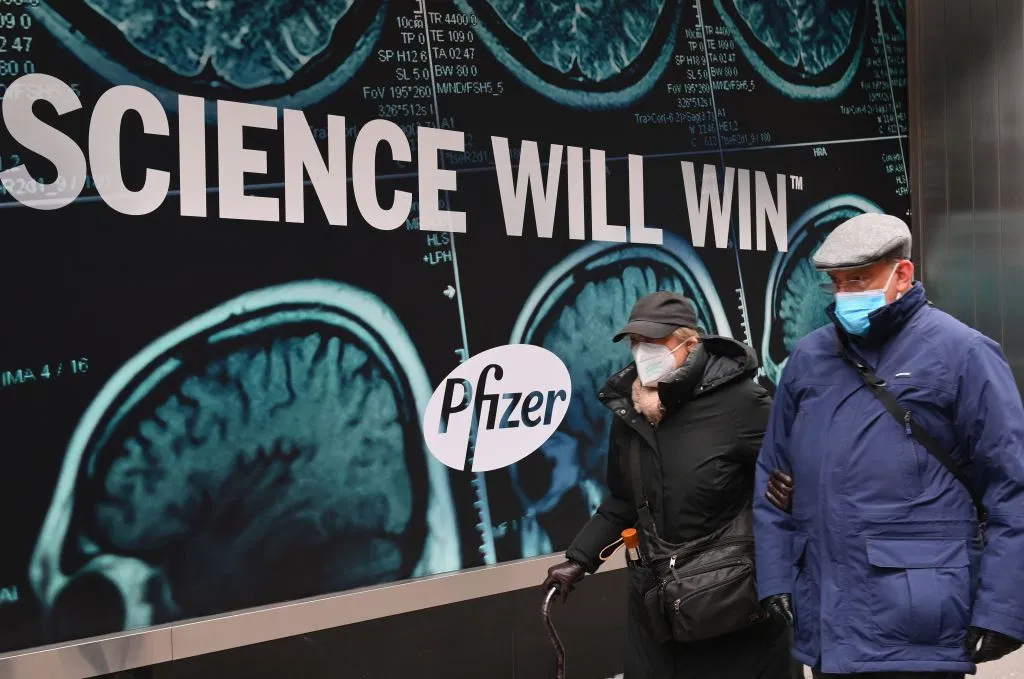 |
| Image Credits: ANGELA WEISS/AFP / Getty Images. |
"But I believe that's going to change," Fauci said. "We're talking about this at the level of the CDC."
Vaccinations began in the United States on December 14. More than 9.5 million people have been fully vaccinated with two doses of a Covid-19 vaccine, according to CDC data updated Monday.
The two US-authorized vaccines from Moderna and Pfizer/BioNTech prevent symptomatic infections in most but not all cases. And it is still unclear whether they stop asymptomatic infection.
If you are asymptomatic, you would still test positive for Covid-19, and even if you are vaccinated, you could still spread the virus. That's why the guidance now is that even the vaccinated still need to wear masks. A person could be an asymptomatic carrier and have the virus in their nasal passageways, so when they are breathing or speaking or sneezing they could still pass the novel coronavirus on to others.
Fauci said that he and his daughter, who have both been fully vaccinated, still follow the standard social distancing and quarantine guidelines before seeing each other.
| More Than 134 Million Shots Given The biggest vaccination campaign in history is underway. More than 134 million doses have been administered across 73 countries, according to data collected by Bloomberg. The latest rate was roughly 4.74 million doses a day. In the U.S., more Americans have now received at least one dose than have tested positive for the virus since the pandemic began. So far, 43.1 million doses have been given, according to a state-by-state tally. In the last week, an average of 1.47 million doses per day were administered. |
Facebook claims to remove posts that discourage Covid-19 vaccination
Vaccine misinformation has been around since well before the pandemic, but ensuring that anti-scientific conspiracies don’t get boosted online is more crucial than ever as the world races against the spread of a deadly, changing virus.
Now, Facebook says it will expand the criteria it uses to take down false vaccine claims. Under the new rules, which Facebook said it made in consultation with groups like the World Health Organization, the company will remove posts claiming that COVID-19 vaccines aren’t effective, that it’s “safer to get the disease” and the widely debunked longstanding anti-vaxxer claim that vaccines could cause autism.
Facebook says it will place a “particular focus” on enforcement against Pages, groups and accounts that break the rules, noting that they may be removed from the platform outright.
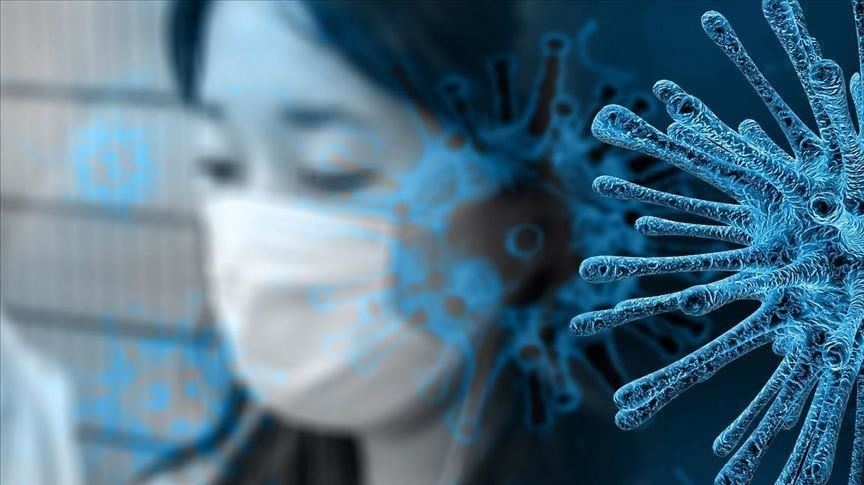 World Covid-19 updates: Warnings of infection at US’ Super Bowl gatherings, Philippines prosecutes people over fake tests World Covid-19 updates: Warnings of infection at US’ Super Bowl gatherings, Philippines prosecutes people over fake tests Covid-19 pandemic spreading around the world with thousands of cases reported daily. Here are the latest updates of the pandemic situation around the world and ... |
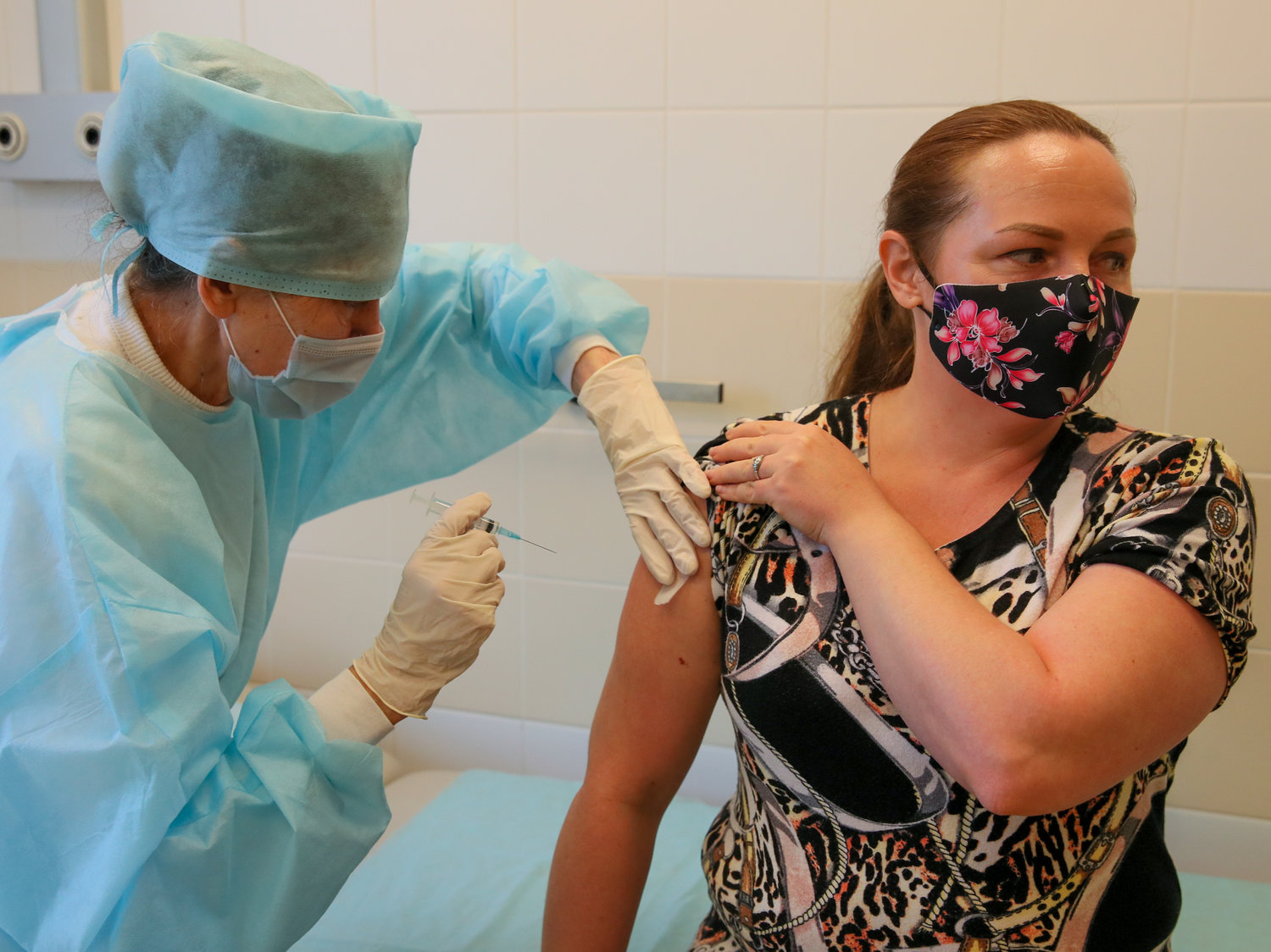 Covid-19 vaccine Daily Latest Updates: Sputnik V reported 99% effectiveness, Explaining Covid-19 vaccine chaos in California Covid-19 vaccine Daily Latest Updates: Sputnik V reported 99% effectiveness, Explaining Covid-19 vaccine chaos in California Covid-19 vaccine updates today see Russian’s Sputnik- V to be reported 99% effective against coronavirus while Pfizer delivers 200 million doses across the US by ... |
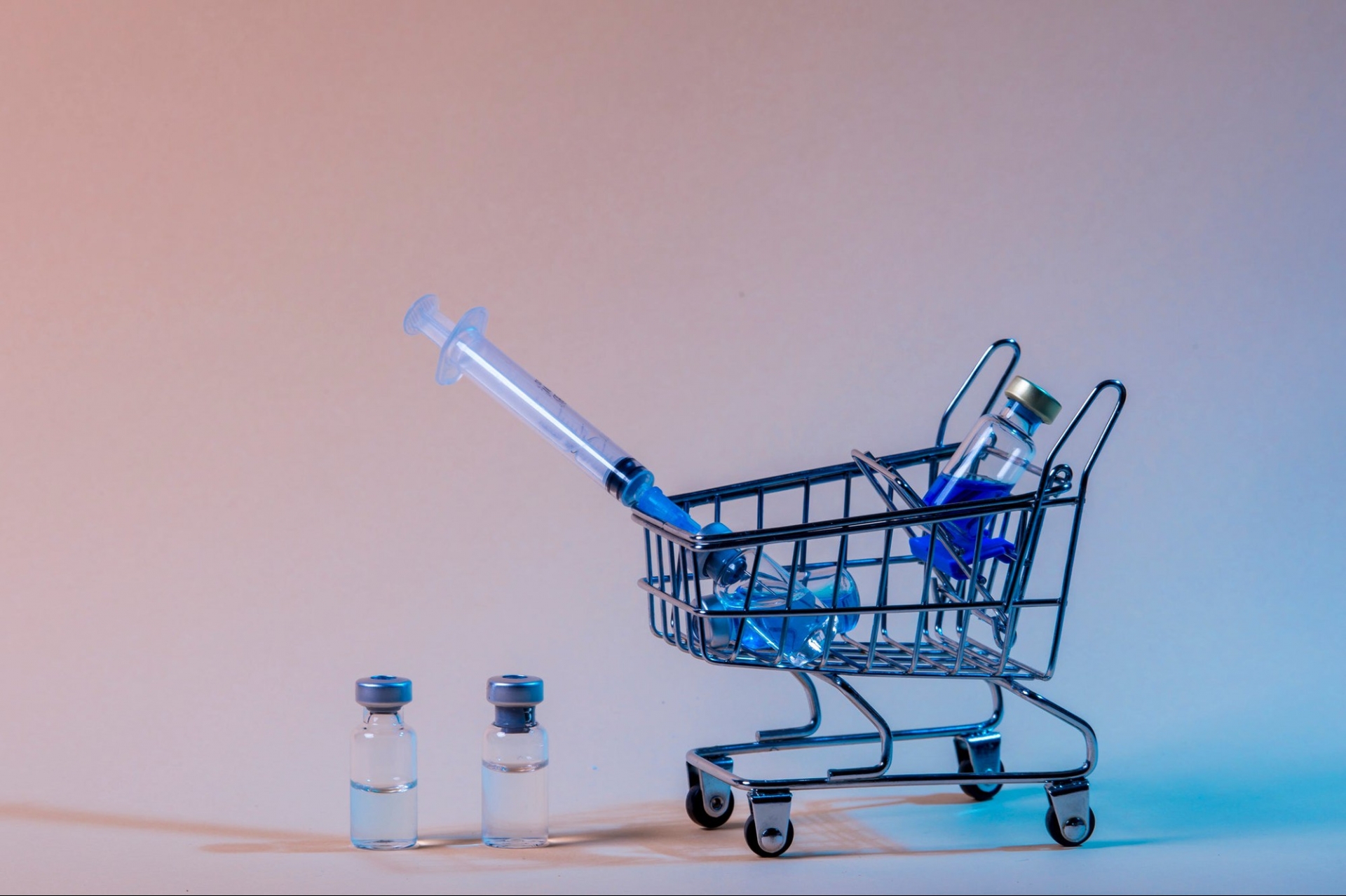 Top Best Covid-19 vaccine stocks for growth and value investors: Pfizer, Moderna, Novavax, BioNtech or Johnson& Johnson Top Best Covid-19 vaccine stocks for growth and value investors: Pfizer, Moderna, Novavax, BioNtech or Johnson& Johnson As health and pharmaceutical companies are rushing to produce vaccines to stamp out the Covid-19 pandemic, investors are looking for stocks among Pfizer, Moderna, Novavax, ... |
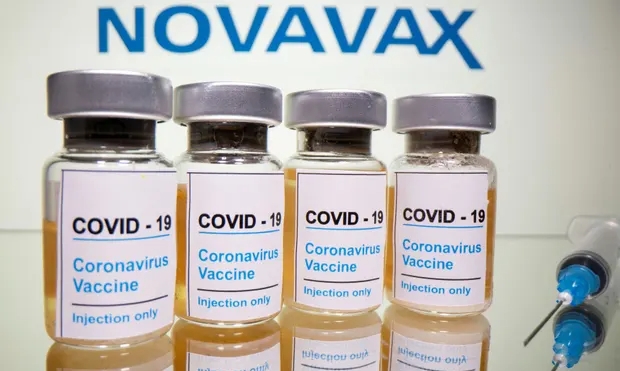 Facts about Nonavax Covid-19 vaccine: How it works, Efficiency, Availability, Price Facts about Nonavax Covid-19 vaccine: How it works, Efficiency, Availability, Price Besides series of potential Covid-19 vaccines worldwide including the Pfizer and Sinovac… Nonavax has been considered a “medical breakthrough” as it can against both the ... |
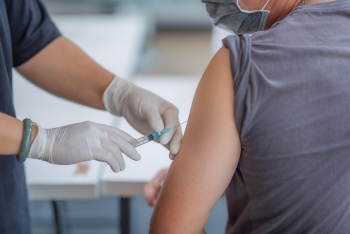 Can Pregnant Women Get a COVID-19 Vaccine? Can Pregnant Women Get a COVID-19 Vaccine? To vaccinate or not to vaccinate — that is the question pregnant women are asking themselves as COVID-19 shots roll out around the World. Major ... |

